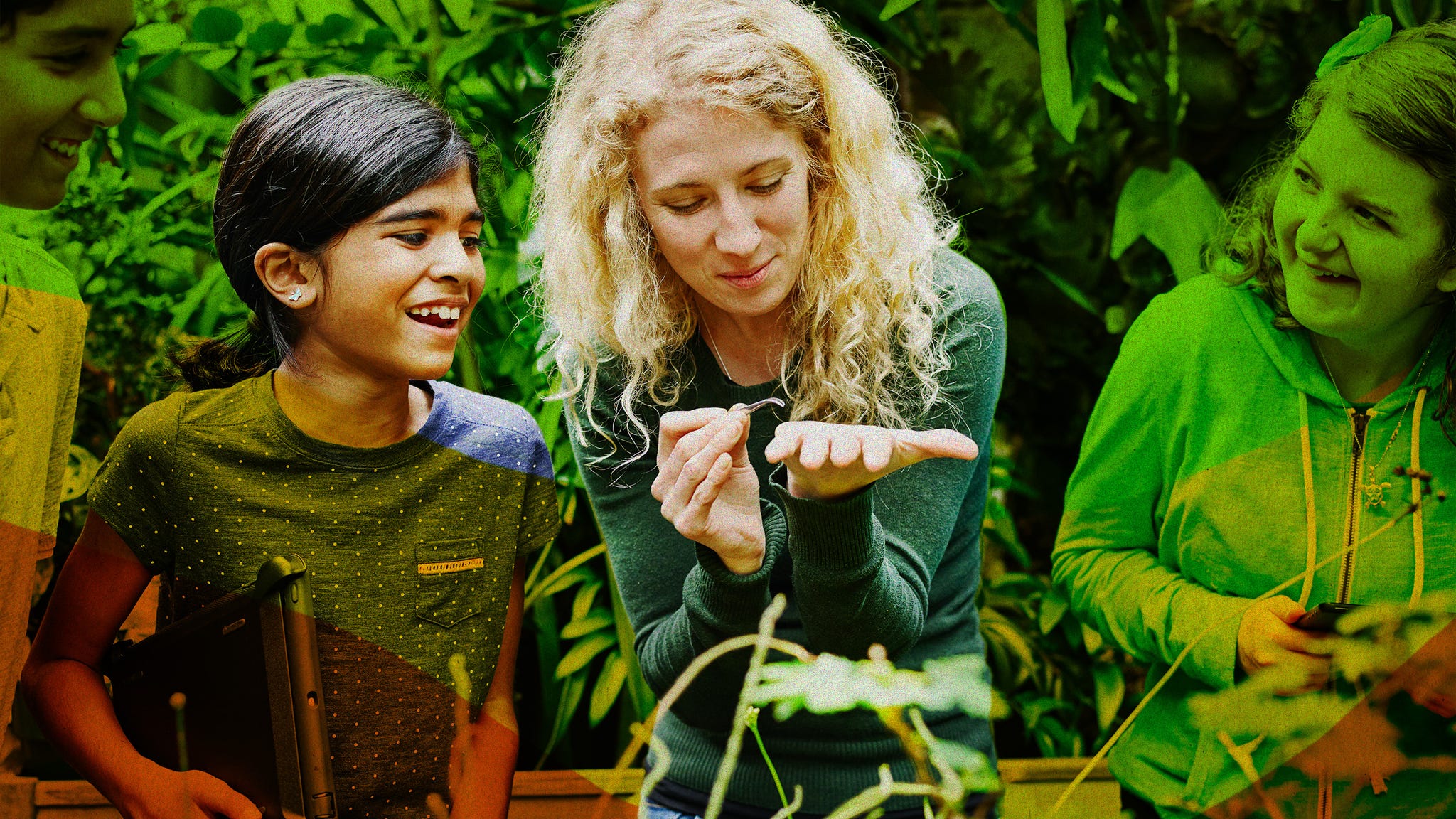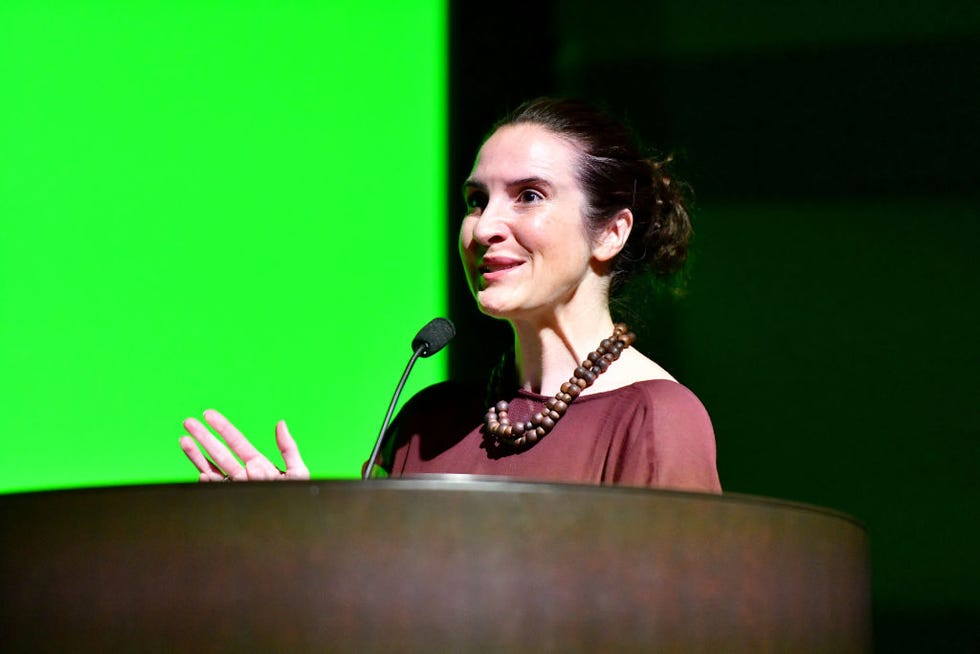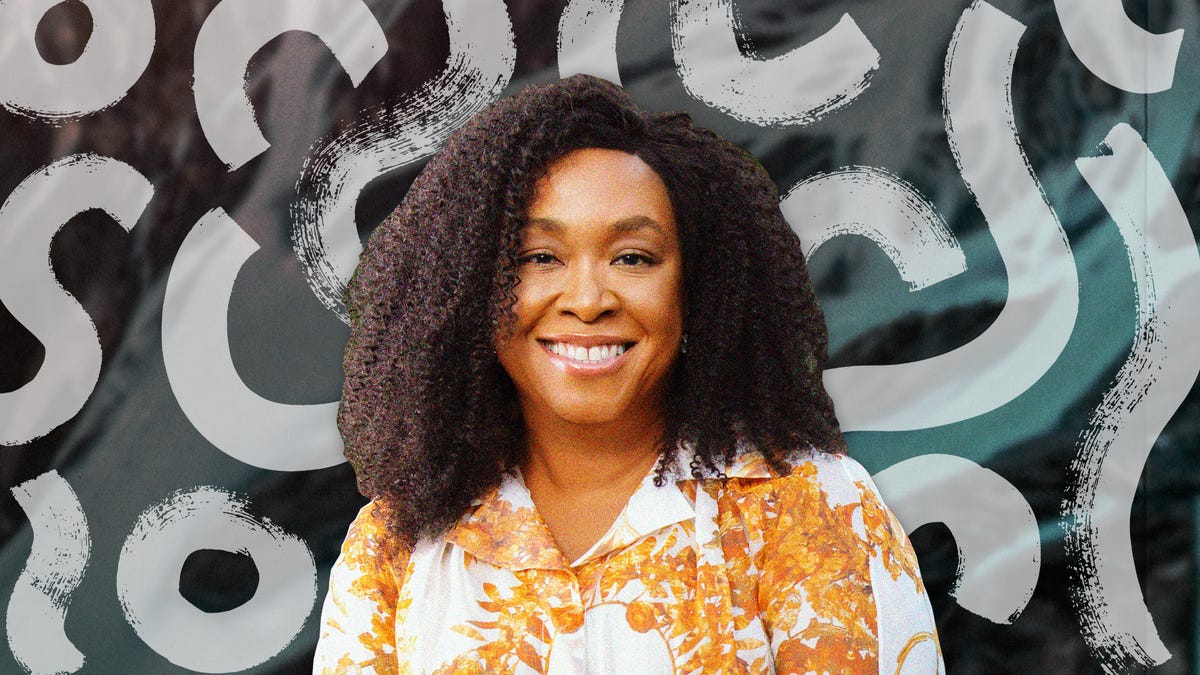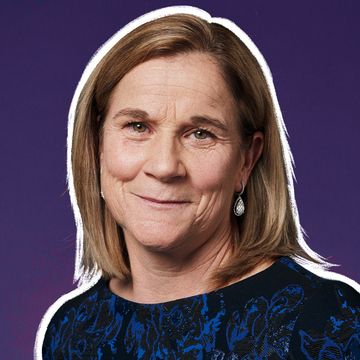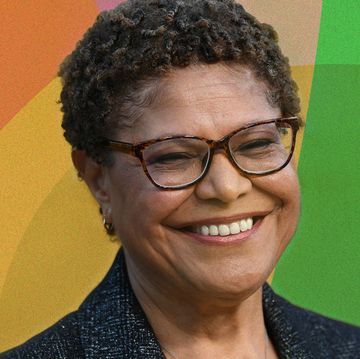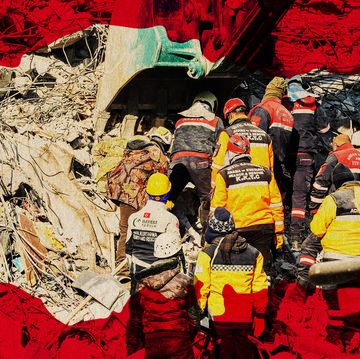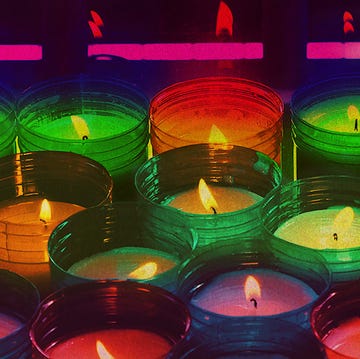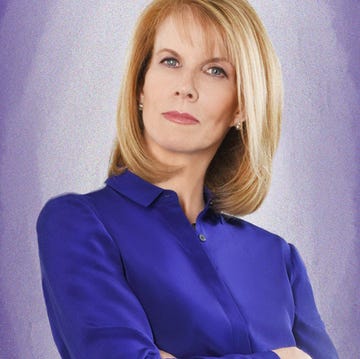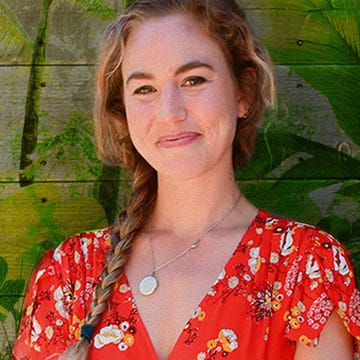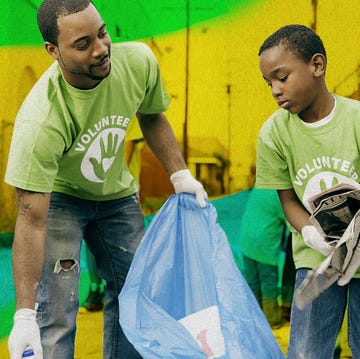“Hell yeah!” I shouted after reading the tweet, raising both fists in the air on the campus in the mountains of North Carolina where I teach environmental education. The only audience in my tiny kitchen was my daughters’ goldfish, but I felt victorious in that moment.
Toxic masculinity on Twitter isn’t new, but a recent exchange between 36-year-old self-proclaimed misogynist and crypto influencer Andrew Tate and the then-19-year-old Nobel Prize-nominated climate change advocate Greta Thunberg stayed with me for days. After Tate boasted about showing her his car collection with “enormous emissions” and asked for her email address, Thunberg tweeted in response: “Yes, please do enlighten me. Email me at smalldickenergy@getalife.com.” It’s now one of the most-liked tweets in history.
As a parent and teacher, I’ve tried to coach my 23- and 17-year-old daughters to avoid engaging in online bullying, either as a protagonist or recipient. But this felt different. I wanted to stand up with every woman I’d met building a more equitable world through collaboration beyond our dependence on fossil fuels and corporate greed as well as the mansplaining that comes along with those possibilities. The online exchange revealed the limitations of machismo to me.
Over the past two years, I’ve been researching 50 women working toward climate justice — one from every state in the U.S. I grew up in coastal Alabama, ground zero for increasingly severe hurricanes, with parents who lived out their environmental and spiritual beliefs, such as giving up trash for the 40 days of Lent.
I’ve longed for diverse role models collectively working together as opposed to the brazen machismo and toxic individualism I’ve witnessed in exchanges like the one involving Thunberg. And I’ve yearned for relatable stories of climate justice from places like Nebraska, Mississippi, New Mexico, and Idaho that aren’t usually mentioned in top 10 lists.
Raising my daughters in North Carolina, I’ve taken them to climate change protests and Earth Care vigils. At a rally against a proposed coal-fired power plant in the bitter cold, I once overheard my younger daughter, then 4, calling out, “No more cold!” She didn’t realize the protesters were actually shouting, “No more coal!” Humor definitely has its place in this journey.
Girls and women make up 80 percent of those displaced worldwide by climate change, with a disproportionate impact on communities of color. As the anthology All We Can Save reminds us, “The climate crisis is not gender neutral.”
What I didn’t anticipate in meeting these down-to-earth but powerful women was that I’d build authentic friendships through my interviews, connecting me to a story larger than my small place in the Appalachian Mountains. That connection gave me traction at home, in the classroom, and the larger world.
One of those women was Kendra Pinto, who grew up in Twin Pines on the Eastern Agency of the Navajo Nation in northern New Mexico. In 2016, she live-streamed exploding gas storage tanks at a nearby fracking site, a fire that burned for five days near her home. Later, she testified before Congress in support of a federal law to regulate methane emissions from oil and gas drilling.
“There is nothing wrong with demanding clean air and clean water,” Pinto told elected officials, reminding me she’s fighting for three generations of her family on sacred Indigenous land. My conversation with her was one of many reflecting how women’s climate leadership tends to prioritize shared values and relationships.
My students come from across the country, and while we partner with local schools and nonprofits to grow food, explore ecosystems, and connect with the outdoors, many are rightly anxious about their future. These stories of women across the country showed me how my students’ skills as poets, farmers, scientists, and educators all had a place in the movement.
“Have I told you about my former student Kelsey Juliana from Oregon?” I recently asked my class. “She’s the lead plaintiff in a case suing the federal government, demanding a plan to ensure your generation’s constitutional right to life, liberty, and property, threatened by the climate crisis.” In class, we now talk about the work of Anna Jane Joyner, who created the Good Energy playbook to help Hollywood screenwriters integrate realistic climate storytelling into their narratives. And the powerful essays of Latria Graham, a fifth-generation Black farmer from South Carolina who writes about race, land, and the outdoors in the South, have become required reading.
Each woman I spoke with — from Alabama to Alaska — showed me that we are not alone in this movement, and this is not the end of the story. A recent study showed that female political leadership in parliaments led their countries to adopt stronger climate change policies, resulting in decreased carbon emissions. The good news is that we can all access this collaborative leadership style, and including women at the climate decision-making table is a key step to that end.
The opposite of machismo is love for all. In every climate story I heard, the call to love was epic: love for the Earth, children, community, land, water, wildlife. As climate writer Mary Annaïse Heglar notes, “This love is not a noun; she is an action verb. She can shoot stars into the sky. She can spark a movement. She can sustain a revolution.”
After I talked at the kitchen table in front of the goldfish about this viral tweet with my children, my younger daughter asked me tongue in cheek, “Do you love Greta more than me?” I grinned, as she already knew the answer: We don’t need larger-than-life climate heroes to sustain a revolution, but we do need to see ourselves in one another’s stories and call BS when we can. In this new year, I’m saying “hell yeah!” to working together to imagine a world we all might want to live in.
Mallory McDuff is the author of the forthcoming book Love Your Mother: 50 States, 50 Stories, and 50 Women United for Climate Justice. She is a professor of environmental education at Warren Wilson College in Asheville, North Carolina.
Get Shondaland directly in your inbox: SUBSCRIBE TODAY
